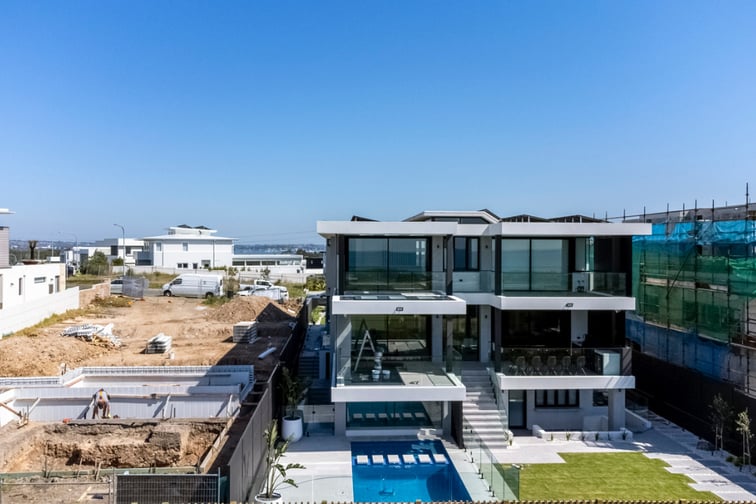

Property development is when you alter, improve, or develop a vacant lot or an existing building to improve on its value. While property development is appealing for multiple reasons, the major attraction for the majority of people is manufacturing profits and equity faster, instead of waiting on the market to conjure capital growth.
Property development is a chance to make money more quickly than it typically takes for market growth through standard market forces. More than traditional property investing, smaller property developments may provide returns that are potentially much higher.
Usually, there are three different categories of small property developments: DA uplift, subdivisions, and residential unit development.
Property development finance is employed when property companies begin the process to start development or when homebuyers start renovating. Usually, property development finance will come in the form of short-term, high-interest loans, but it can happen any number of ways.
Property development finance can be used to secure a plot of land or for construction projects such as loft conversions. Depending on the kind of development financing, the money can only go toward residential properties. It is unlikely that office buildings, shops, and other businesses will qualify. Other forms of property development finance do support mixed properties and commercial developments.
Since there are a number of sources for development finance, eligibility criteria can vary widely. A lender could focus on your personal circumstances and your personal credit score, while others tend to focus on analysing your business plan. Before you apply to any property development loan, it is crucial that you consider your eligibility. It is possible that you would be better situated to one source of property development finance over another.
There is a wide variety of property financing options available to developers, including:
Cash. There is no easier way to finance property development—if you have it. Property developers that use cash can keep development as cheap as humanly possible, by forgoing interest. It would be in your best interest to prioritize cash, if you can afford to, when sourcing income for your property development project.
Buy-to-let mortgage. If you are hoping to create a rental income from your property, you could be eligible for a specialised mortgage. More often than not, there are clauses in mortgages keeping you from letting or subletting; however, a buy-to-let mortgage will provide you with the opportunity to rent out your whole residence or even just rooms.
Buy-to-let mortgage eligibility criteria, however, varies from your standard residential mortgage, with lenders typically requiring up to a 40% deposit as well as more costly fees. Additionally, buy-to-let mortgages are offered on an interest-only basis, an important factor to keep in mind.
Buy-to-sell mortgage. The majority of standard mortgages will commit you to two or more years before you are eligible to sell, but if you are interested in a quicker turnaround after property renovations, you could opt for a buy-to-sell mortgage. However, a bigger deposit will likely be required for a buy-to-sell mortgage since they usually attract higher-than-average fees. The flexibility to sell whenever you want may make this type of mortgage the most appealing to you.
Bridging loans. If you are borrowing for a shorter term, a bridging loan may be the best option for you. Bridging loans typically come with monthly pricing rather than annual interest rates and are usually used in a property chain, i.e., when you are buying a new property without having sold your current home yet. Until your current property is sold, bridging loans credit you for that short time period and you have accrued the money to repay that amount.
Open and closed bridging loans are the two different types, dictating the payback period. While they are much costlier to hold than a standard mortgage, bridging loans are available on far more properties.
Specialised property loans. Private sources offer specialised property loans, with innumerable sources focused on raising money for residential developments or commercial developments. You could even get an individual broker to manage the transaction.
While specialised property loans are usually handled privately, they are subjected to regulations from the financial conduct authority, which could potentially lead to fluctuations in interest rates.
Personal loans. Personal loans aren’t secured against your assets or your property, but are a fast-credit option to make bigger purchases, such as more property. Usually, you are eligible to repay the loan before the end of the term and repayments are normally fixed instead of being flexible.
Before taking out a loan for financing, it is important to consider the following: how long the project will take to finish; how much money will be needed to complete the project; whether or not there is a market for the completed project; the potential profit for your property development; the money you may be contributing to the project; and if you can expect to secure any necessary pre-sales as a pre-requisite for your creditors.
